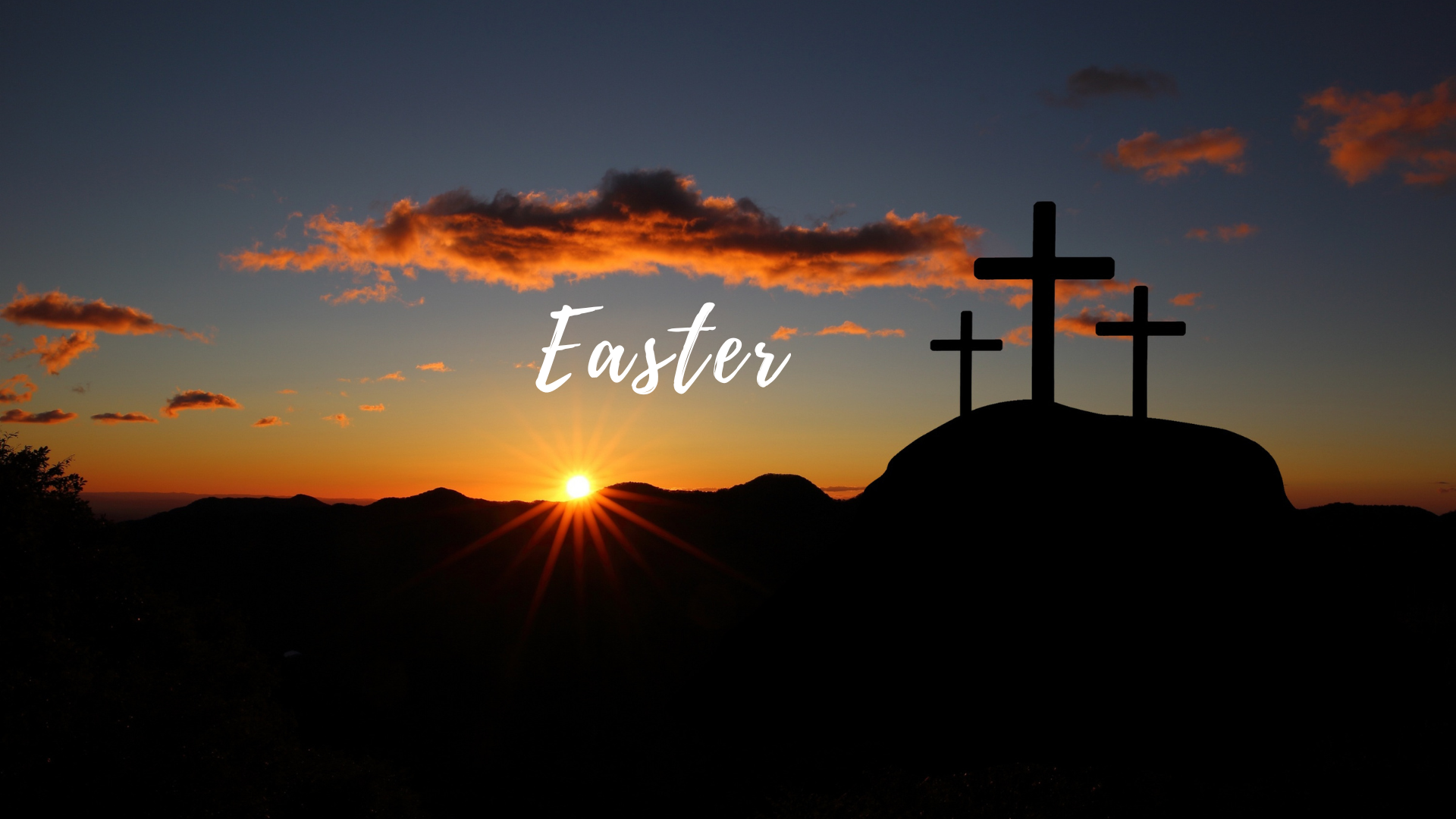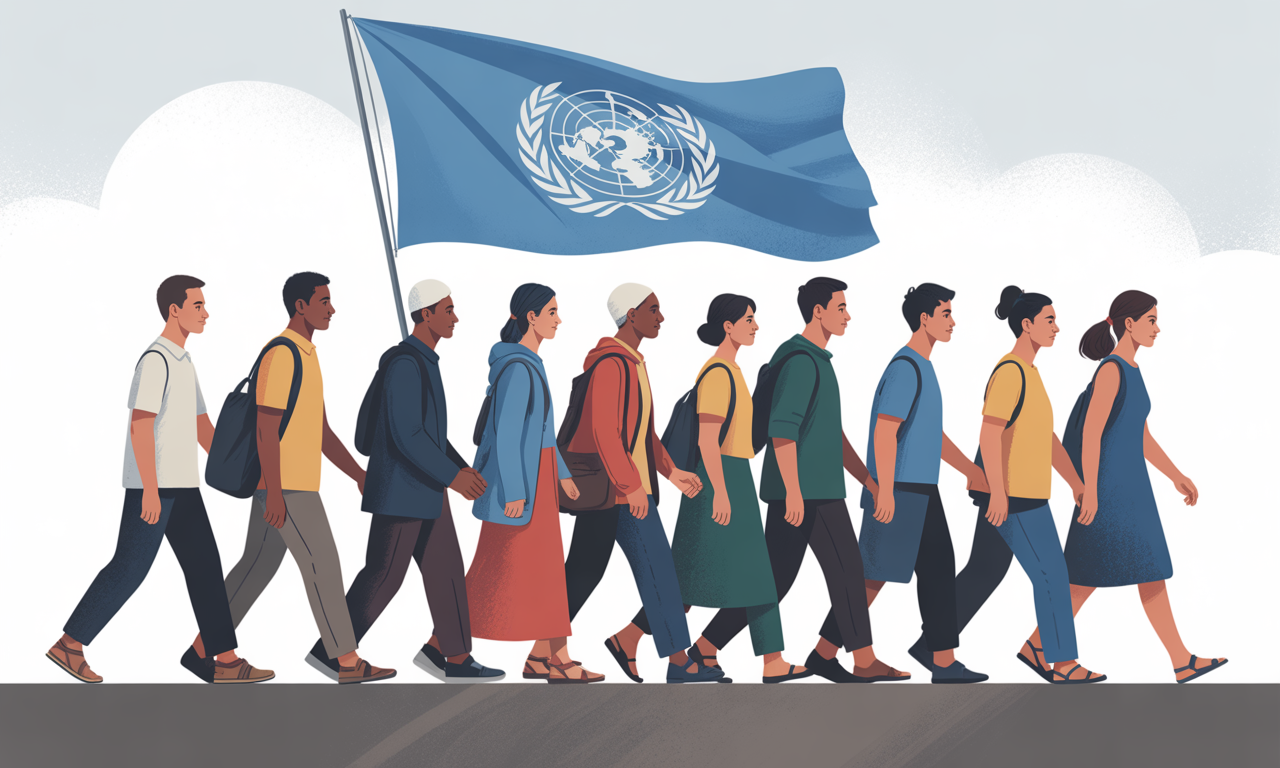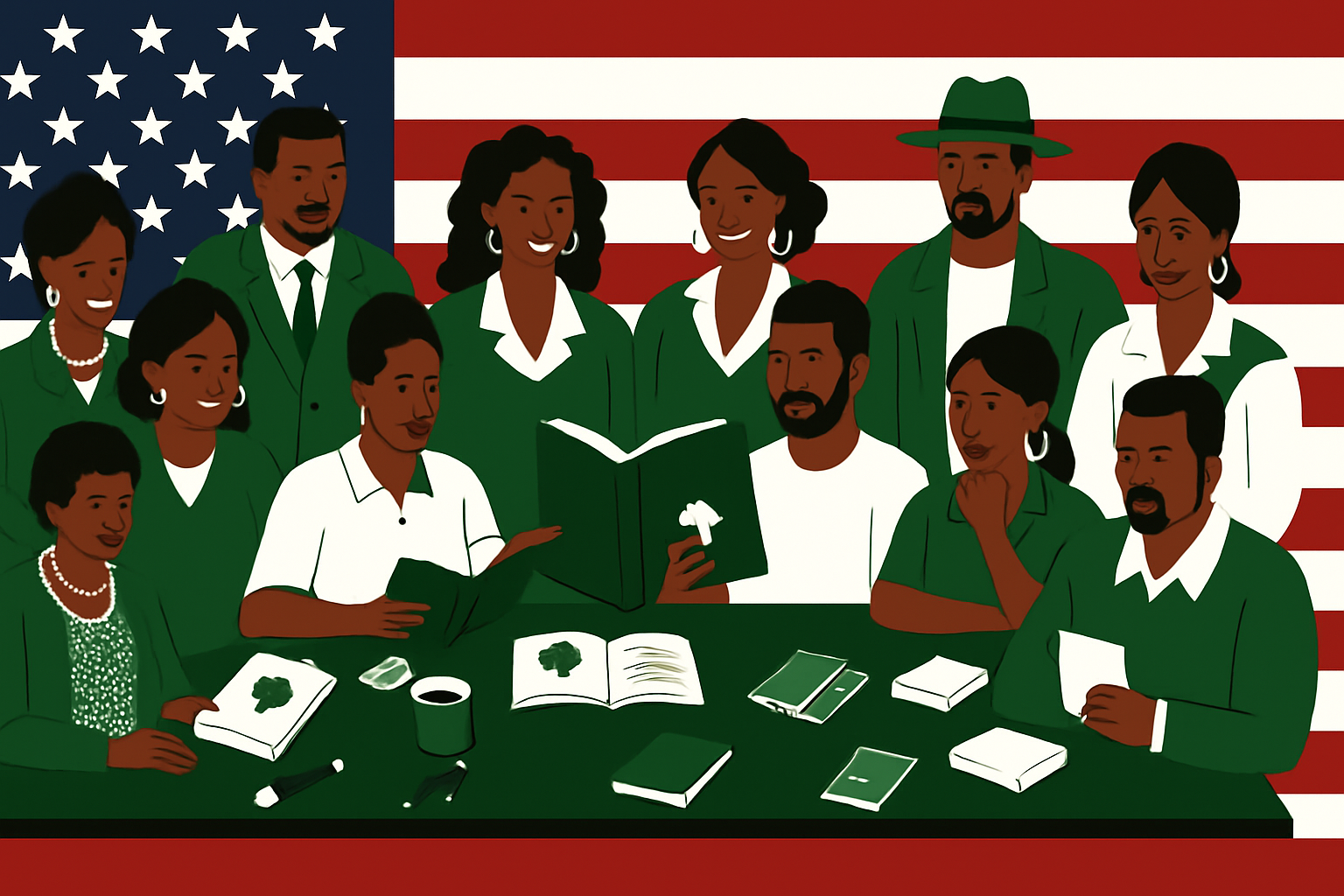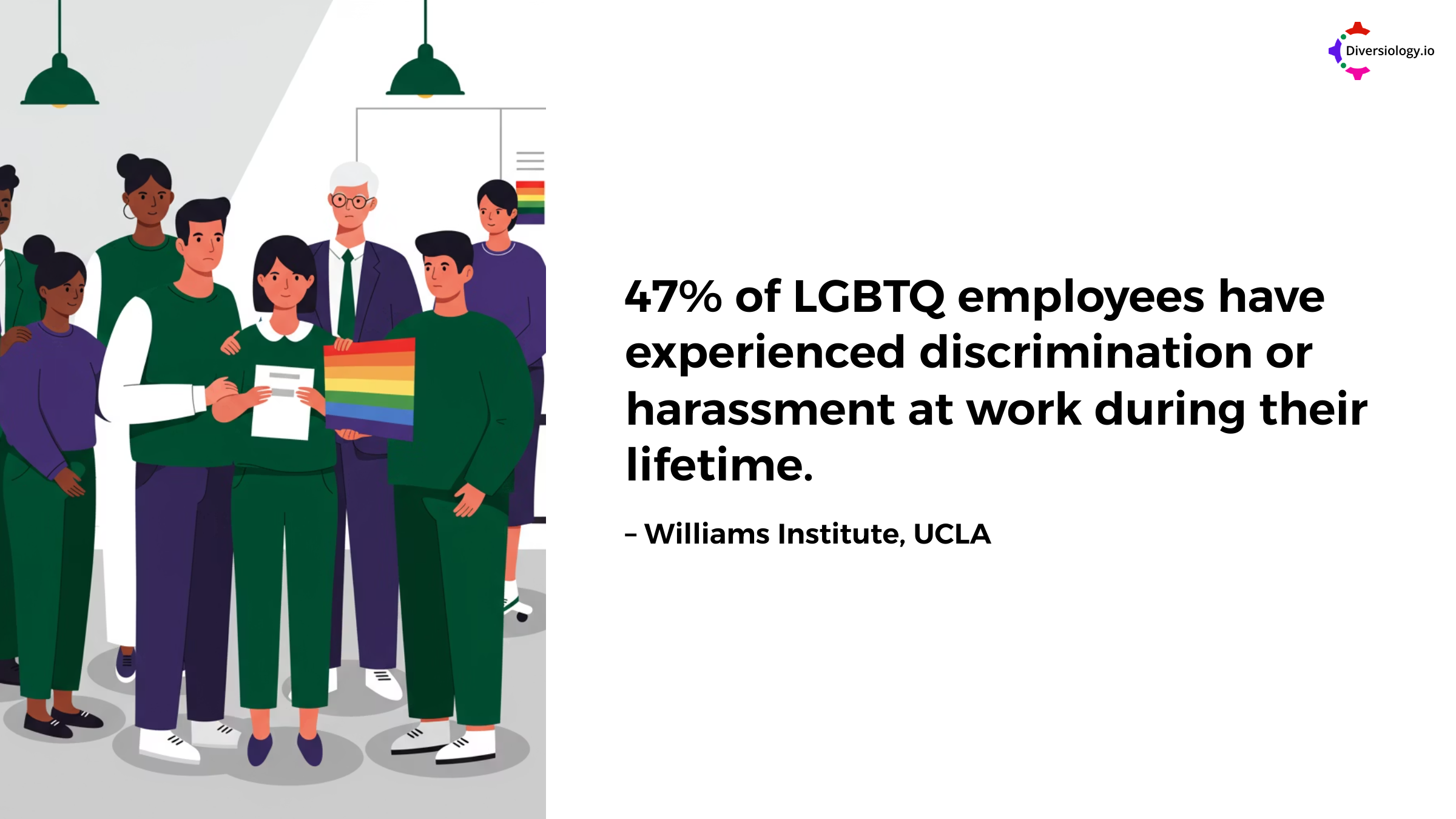Introduction: The Historical Significance of Easter and Inclusive Engagement
Easter, a cornerstone event in the Christian calendar, commemorates the resurrection of Jesus Christ, as described in the New Testament. This celebration, marked by joy and renewal, has evolved to include various customs worldwide, making it a mosaic of cultural and religious practices. In embracing the spirit of Easter, it’s crucial to approach its observance with inclusive engagement, ensuring that everyone, regardless of their background or beliefs, feels welcomed and respected. By understanding the rich tapestry of Easter’s history, we can appreciate its universal themes of hope and rebirth, laying the groundwork for a celebration that honors diversity and fosters inclusivity.
🌍 The Dimensions of Diversity Supported by Easter
Easter, with its myriad of traditions, supports several dimensions of diversity, including cultural, religious, and even linguistic diversity. From the Easter egg hunts emblematic of Western traditions to the Pascha basket blessings in Eastern Orthodox cultures, the event is a unifying yet diverse celebration. By recognizing and including these various traditions in our observance of Easter, we promote a culture of inclusive engagement. Celebrating the different ways Easter is observed around the globe not only enriches our understanding but also highlights the beauty of our diverse world.
Join the Diversiology community today and gain full access to our comprehensive blog posts on how to thoughtfully and inclusively celebrate Easter and other important recognition days. Our platform offers practical tools and engaging discussions designed to enhance your participation and deepen your understanding of key diversity events. Benefit from exclusive resources like our detailed diversity calendar, and connect with a vibrant network of advocates and innovators committed to driving meaningful change. Together, we can improve our interactions and broaden our perspectives – one story, one conversation, one resource at a time.








